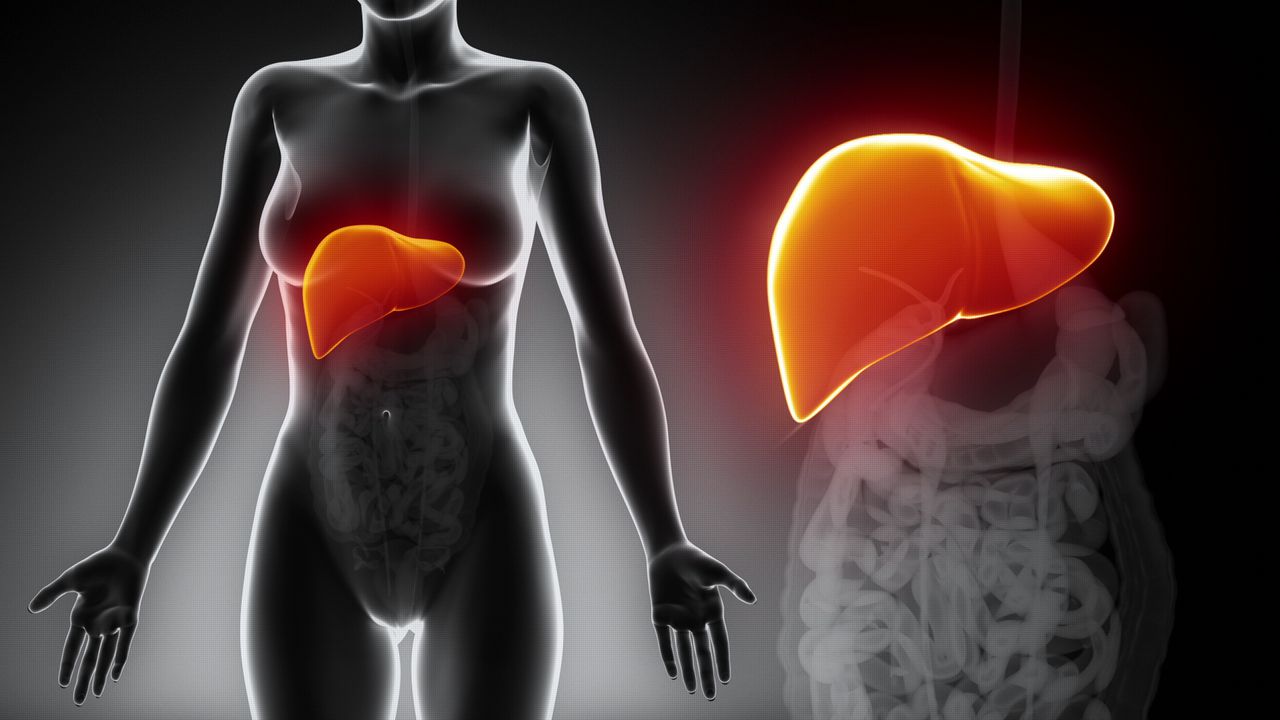Introduction
Are you experiencing digestive problems like diarrhea, nausea, or vomiting? If yes, then it’s essential to understand that these symptoms could be a sign of COVID-19 infection. Digestive problems are emerging as one of the most common symptoms of coronavirus, and they may appear even before respiratory symptoms. So if you’re concerned about your gut health during this pandemic, keep reading this blog post to learn more about COVID-19 and digestive issues. We’ll explore what causes these conditions and how to manage them effectively while staying safe from the virus.
What are the symptoms of COVID-19?
There are a variety of symptoms associated with COVID-19, and they can range from mild to severe. The most common symptoms include fever, coughing, and shortness of breath. Other less common symptoms include fatigue, muscle aches, sore throat, headache, diarrhea, and loss of taste or smell. In some cases, people with COVID-19 have also reported gastrointestinal issues like nausea, vomiting, and abdominal pain.
If you experience any of these symptoms, it’s important to seek medical attention right away. Early diagnosis and treatment is critical for the best possible outcome.
How does COVID-19 affect the digestive system?
COVID-19 can cause digestive problems, including nausea, vomiting, diarrhea, and abdominal pain. These symptoms can be caused by the virus itself or by the body’s response to the infection. In some cases, these symptoms may be severe enough to require hospitalization. Digestive problems can also occur after recovery from COVID-19, as the virus can damage the digestive tract. This can lead to long-term digestive problems, such as irritable bowel syndrome (IBS). If you have any concerns about your digestive health, please contact your healthcare provider.
What are the treatments for COVID-19?
There is no specific treatment for COVID-19. However, there are treatments that can help relieve symptoms and support the respiratory system. Treatment options include:
-Oxygen therapy: This can be administered through a nasal cannula or face mask. It helps to improve oxygen levels in the blood and can ease shortness of breath.
-Fluids: Drinking plenty of fluids helps to prevent dehydration and supports the respiratory system.
-Pain relief: Medications such as ibuprofen and paracetamol can help to reduce fever and pain.
-Rest: Getting plenty of rest is important for helping the body to recover from illness.
Prevention of COVID-19
The coronavirus that causes COVID-19 can cause digestive problems, and there are a few things you can do to help prevent them. First, practice good hygiene by washing your hands often and avoiding close contact with people who are sick. Second, eat a healthy diet and drink plenty of fluids to stay hydrated. Finally, get plenty of rest and exercise to keep your immune system strong. If you do develop digestive problems, be sure to see your doctor so they can determine the best course of treatment.










